Shannon Vare Christine wrote a wonderful review of A Northern Spring in Tupelo Quarterly #30. Here's an excerpt:
"And therein lies the strength of this body of work (Matt Mauch’s visionary collection of memoir poems, A Northern Spring) as a monumentalization that adds to 'the whir of art from decades, centuries, and longer ago, from times of unease and recovery.' This collection will serve to guide us as we are 'aiming for horizons and shores, / this hand-in-hand, / the stone-of-then / indistinguishable from the stone-of-now, slingshot anew,' and somehow we will endlessly connect human to human, as part of an ever evolving complex system."
The passages and excerpts from the book that Shannon uses to illustrate the findings in her review open up the book for me, as if they were new smells coming from a garden I thought I knew the scent-palette of by heart. Thoughtful blurbs—the only kind I've ever gotten—open up my own books for me, too. As do conversations with those who've read it or are reading it. These seems not strange to me but natural, or at least hoped for. Books and their words, if they are the living things their authors and poets want them to be, are going to go out and live those lives in the minds, hearts, and spleens of others. They're going to live way more lives, in fact, then their authors ever know about. These moments in which we get to hear back about those lives: I am so grateful whenever they occur. It's like Dean Young said about what poets do: "We're not making bird cages. We're making birds." And when those birds find their way to your ears, listening to the new take, how they riff on and adapt the score you set down. Well, just wow.
"And therein lies the strength of this body of work (Matt Mauch’s visionary collection of memoir poems, A Northern Spring) as a monumentalization that adds to 'the whir of art from decades, centuries, and longer ago, from times of unease and recovery.' This collection will serve to guide us as we are 'aiming for horizons and shores, / this hand-in-hand, / the stone-of-then / indistinguishable from the stone-of-now, slingshot anew,' and somehow we will endlessly connect human to human, as part of an ever evolving complex system."
The passages and excerpts from the book that Shannon uses to illustrate the findings in her review open up the book for me, as if they were new smells coming from a garden I thought I knew the scent-palette of by heart. Thoughtful blurbs—the only kind I've ever gotten—open up my own books for me, too. As do conversations with those who've read it or are reading it. These seems not strange to me but natural, or at least hoped for. Books and their words, if they are the living things their authors and poets want them to be, are going to go out and live those lives in the minds, hearts, and spleens of others. They're going to live way more lives, in fact, then their authors ever know about. These moments in which we get to hear back about those lives: I am so grateful whenever they occur. It's like Dean Young said about what poets do: "We're not making bird cages. We're making birds." And when those birds find their way to your ears, listening to the new take, how they riff on and adapt the score you set down. Well, just wow.
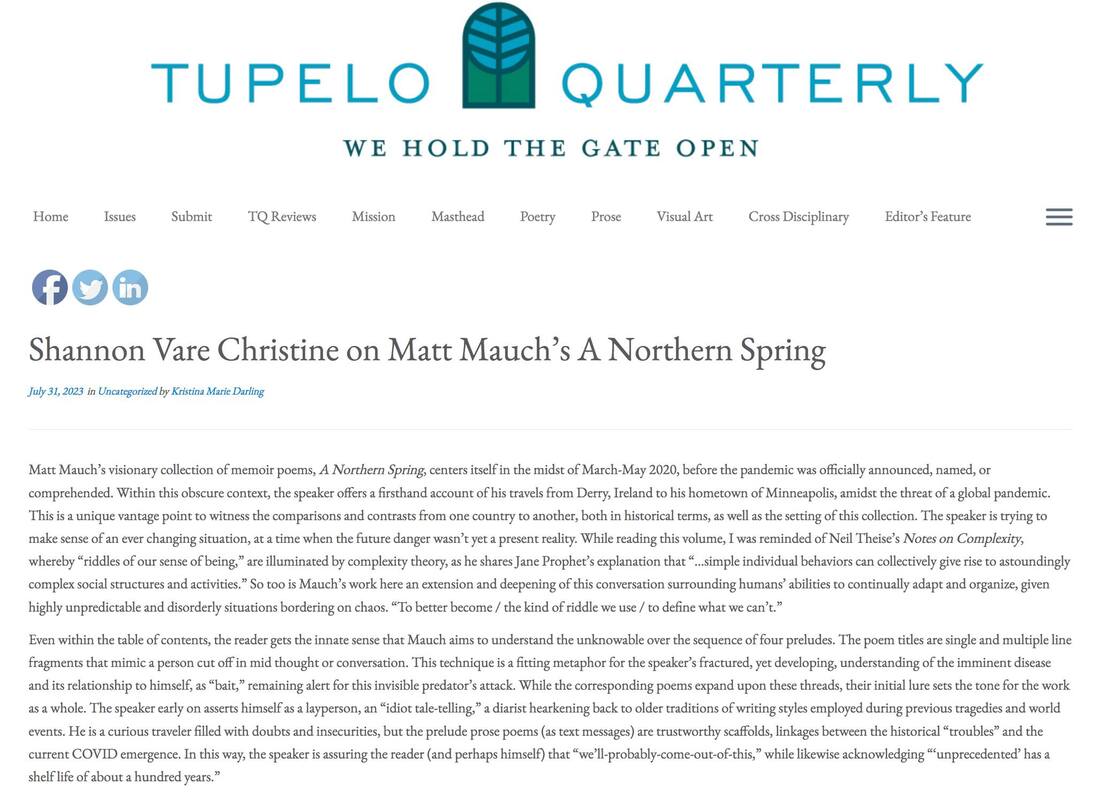
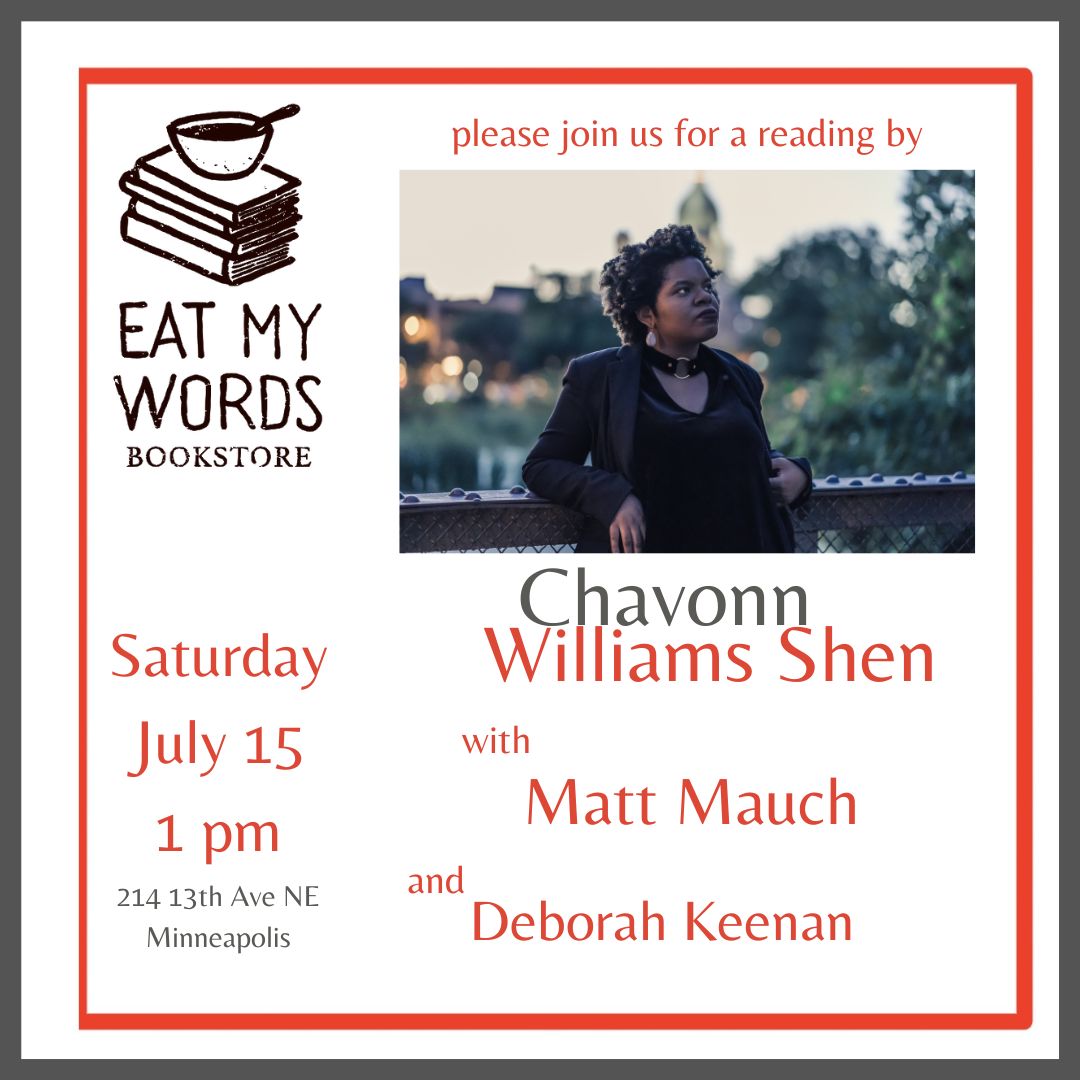
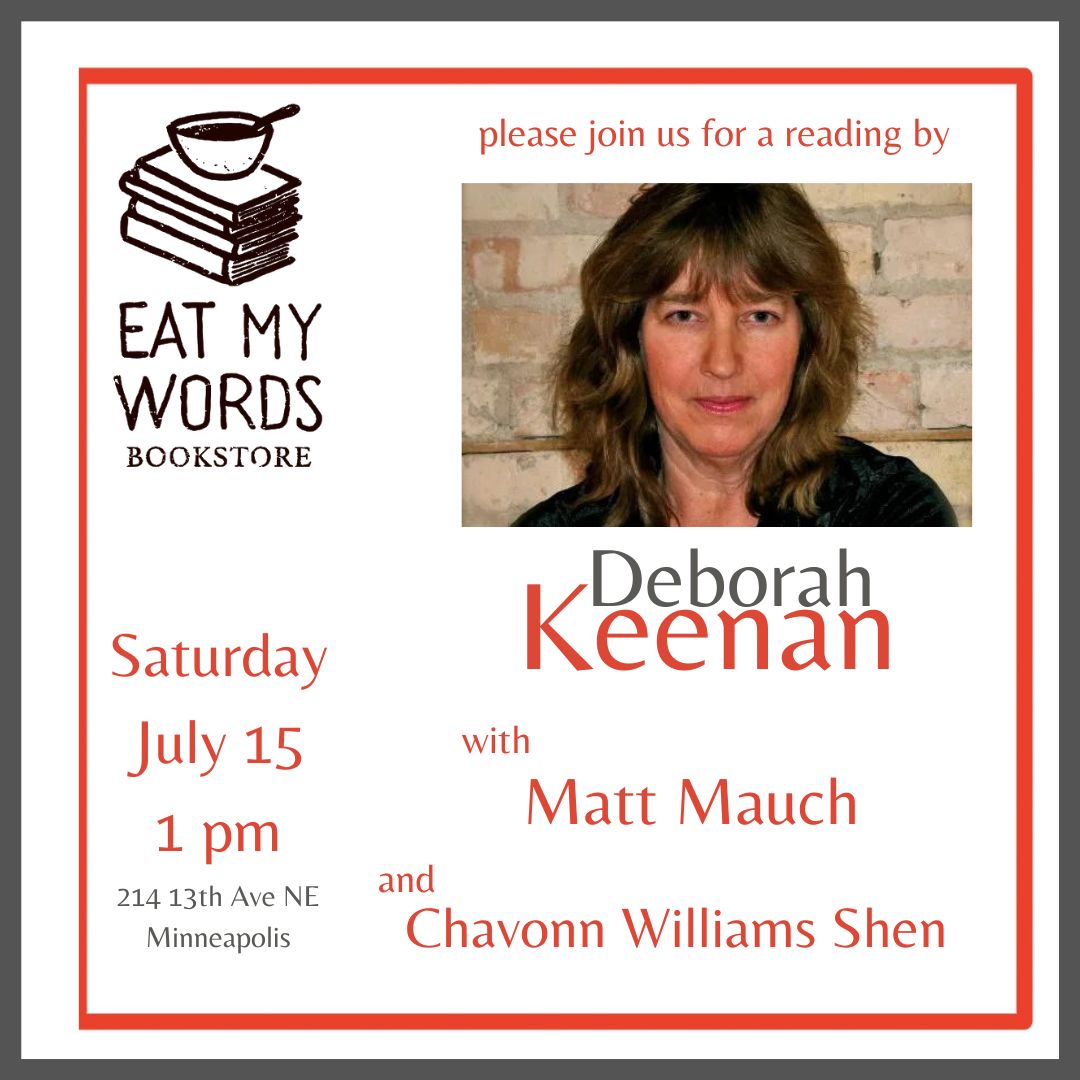
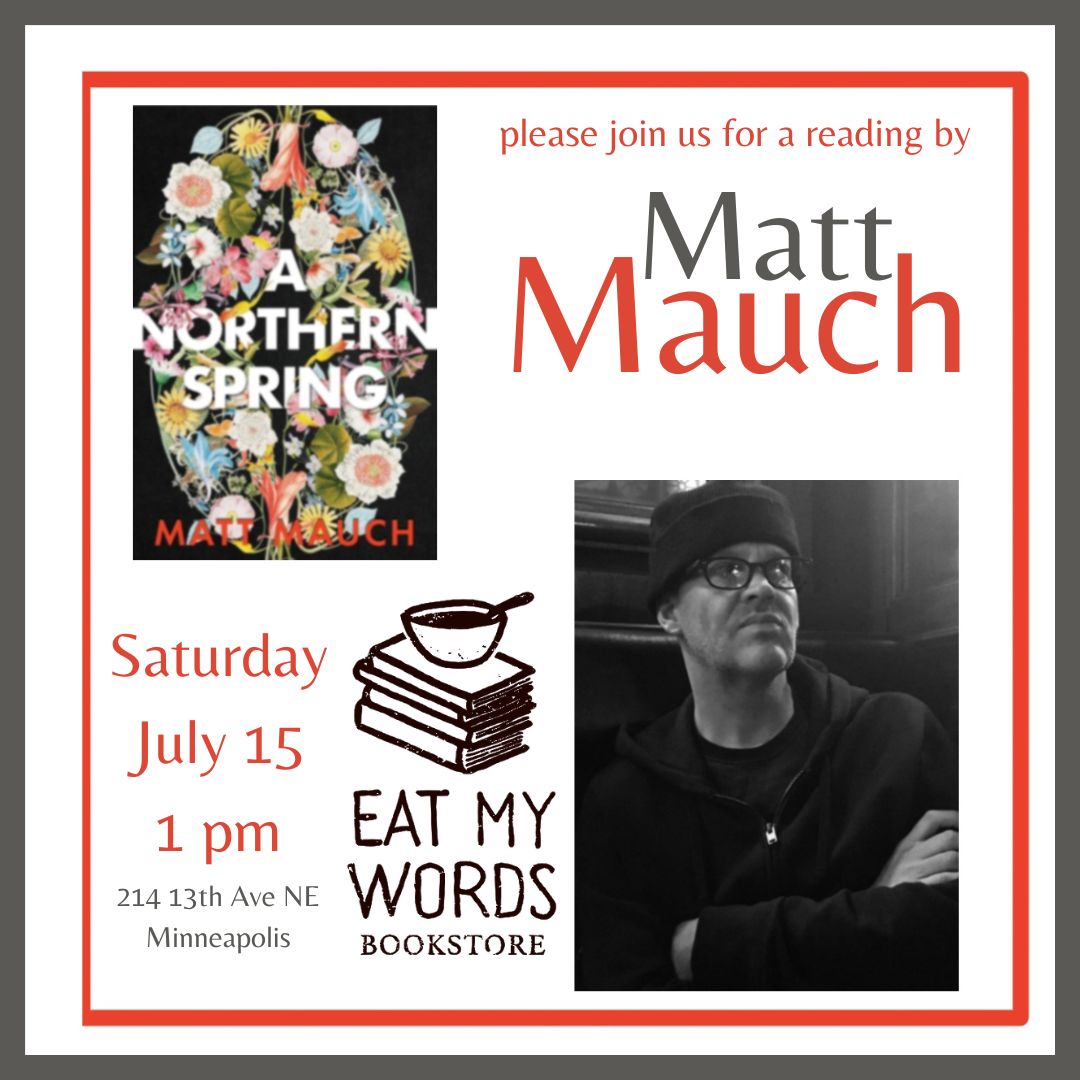

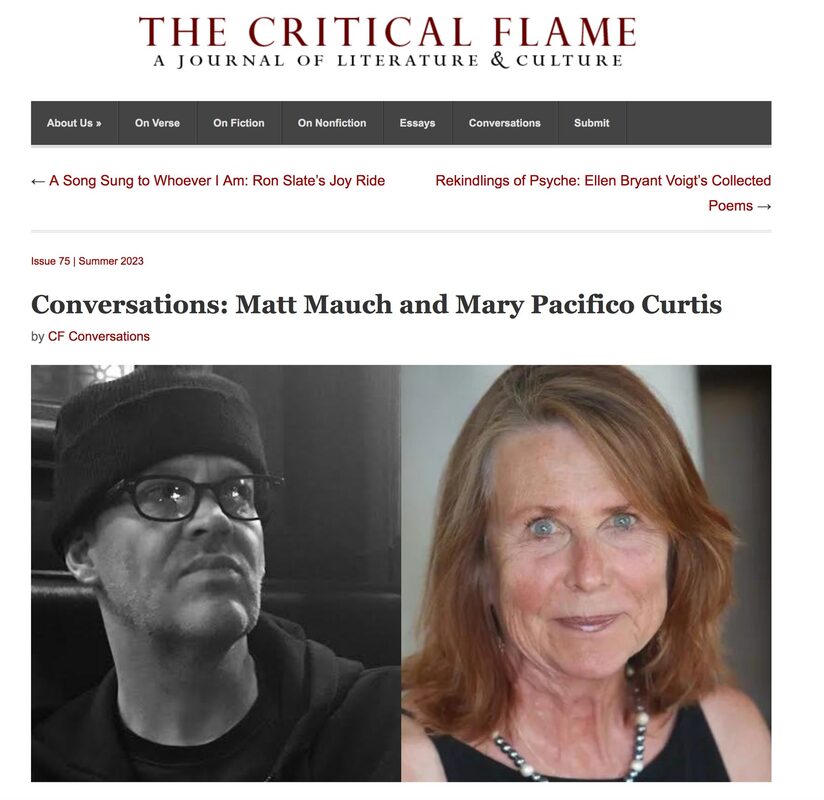
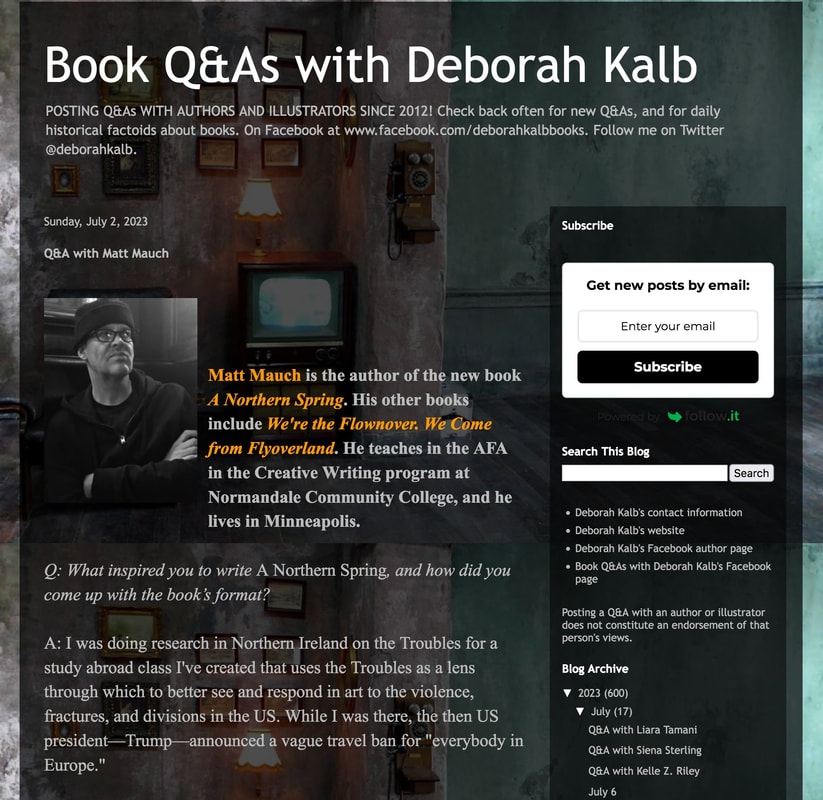
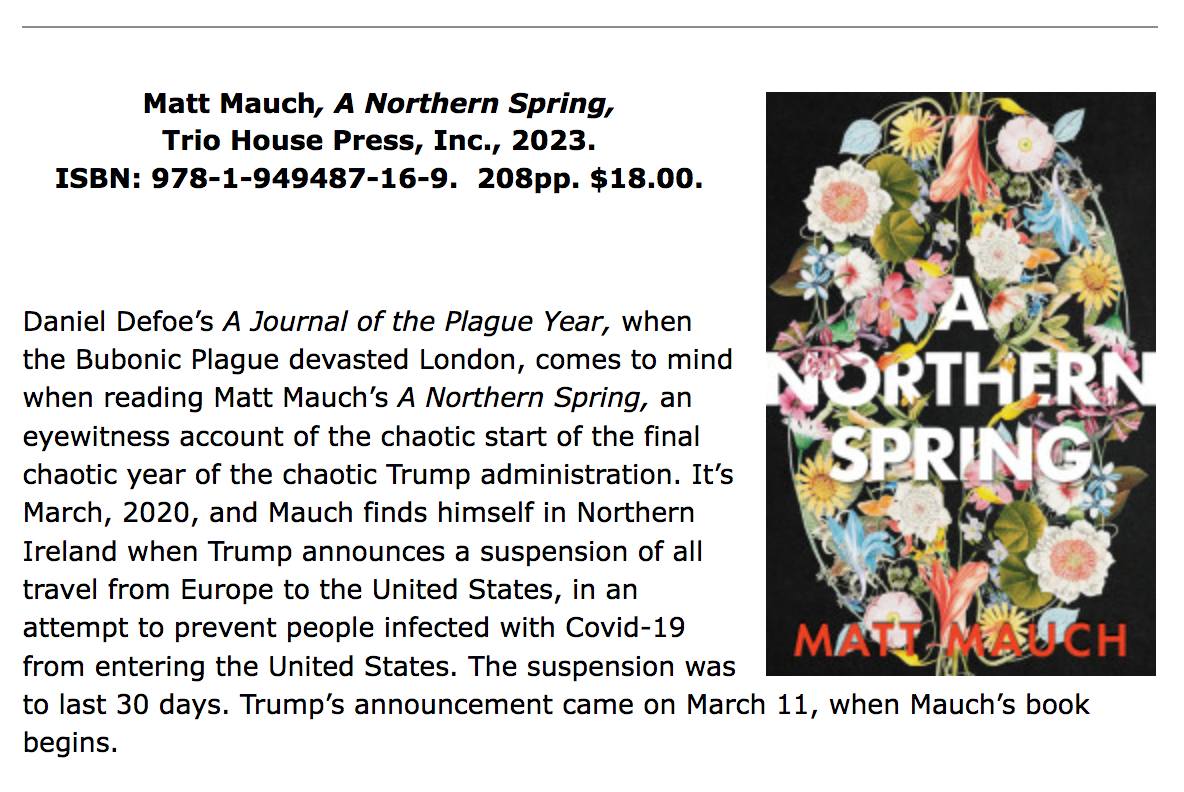
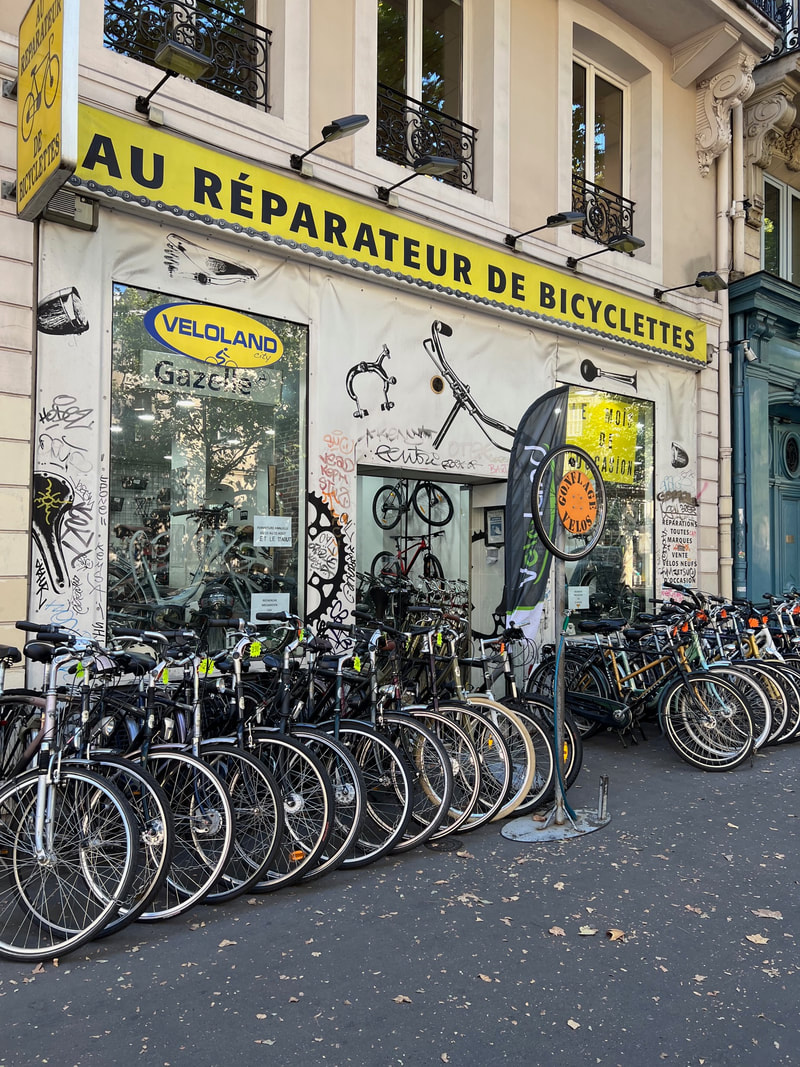
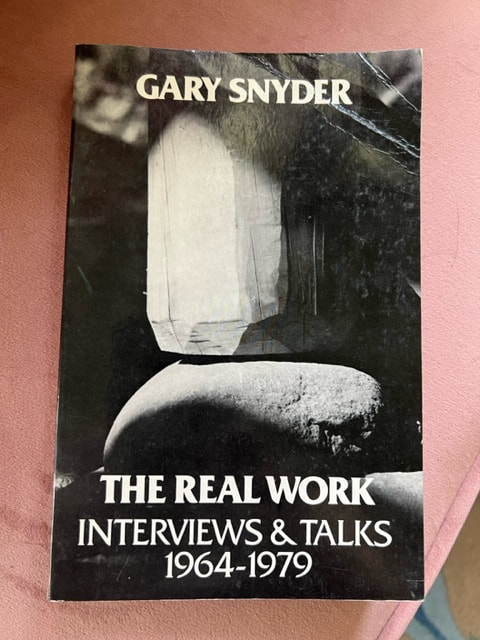

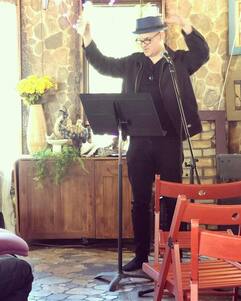

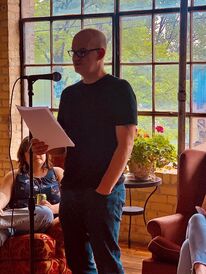
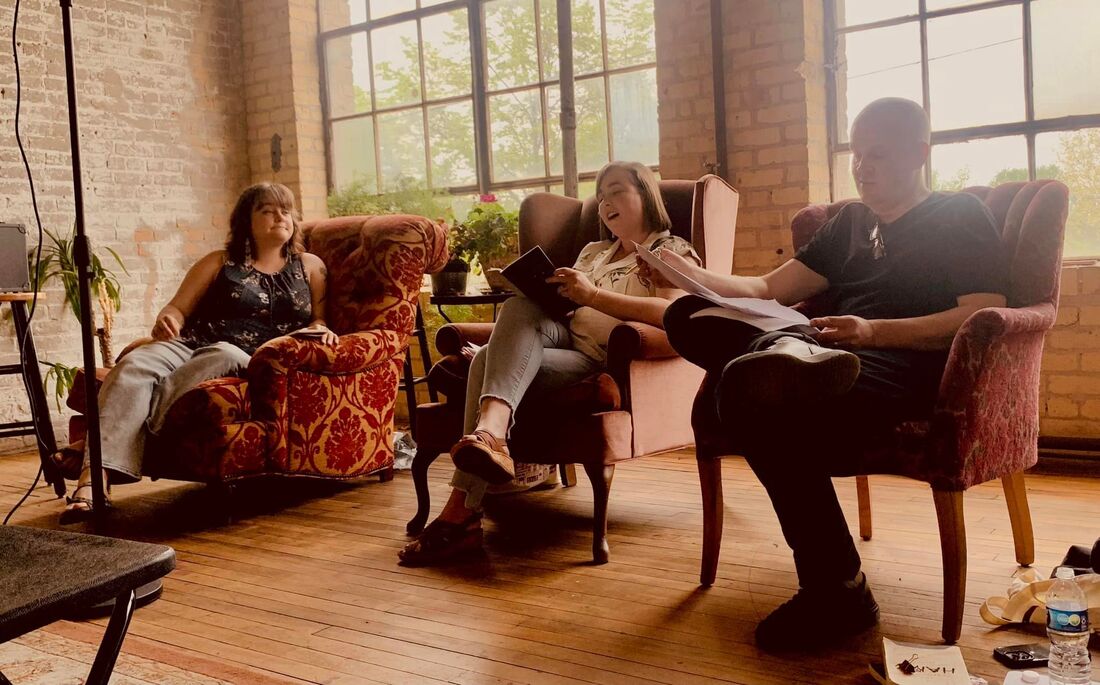
 RSS Feed
RSS Feed